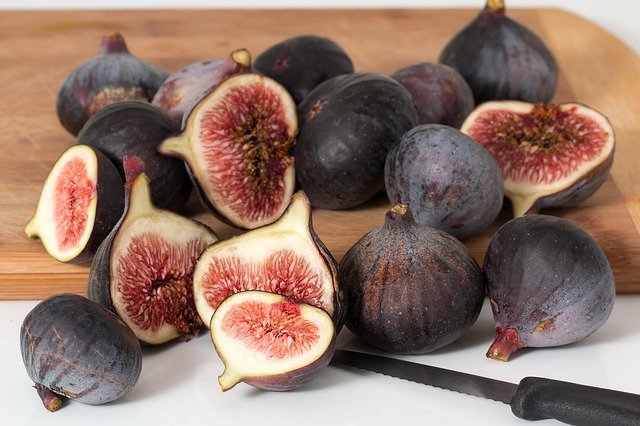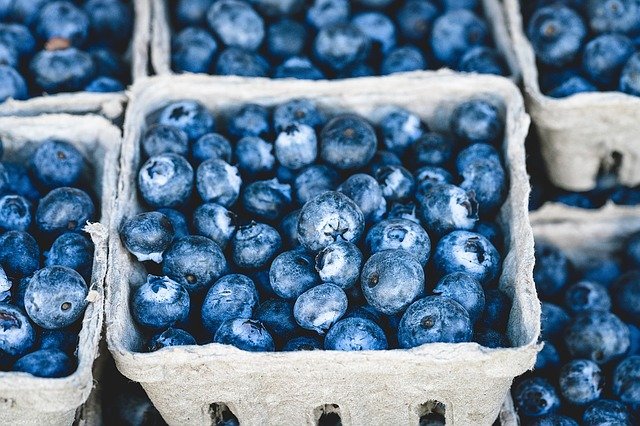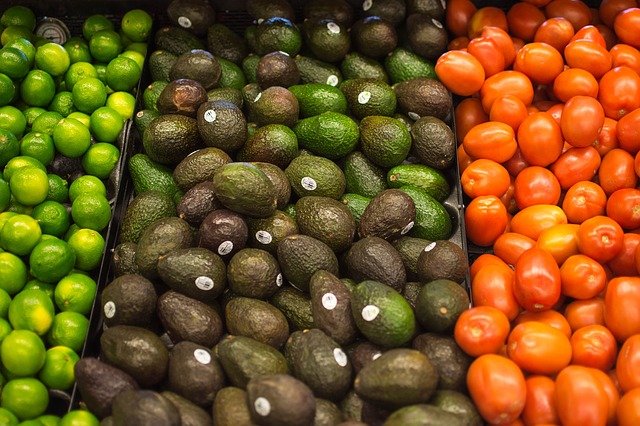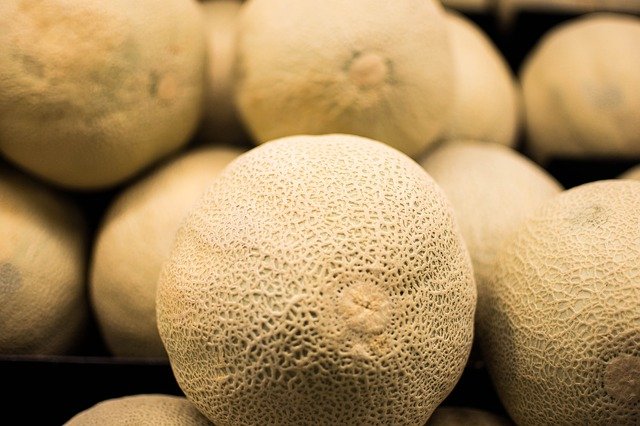How do you like the Organic Food?
Many people are willing to pay a lot more money for fruits and vegetables with a pseudonym that relates they are healthy. Generally, the cost can in like manner be twofold the cost of a comparative thing that has no regular name.
In case you ask people what is a characteristic carrot, people are probably going to reveal to you that it is a carrot developed without the utilization of bug sprays, pesticides or composts.

Other individuals will disclose to you that it would be a carrot without pesticides, pesticides or manufactured or counterfeit manures. Would you be surprised to know that none of these points of view is correct?
The term "organic" appeared in the 19th century when chemists tried to define what it did to living things as opposed to non-living substances. They discovered that plants and animals have one thing in common. All contained oxygen, hydrogen and carbon.

Because oxygen and hydrogen are so common, they have exploited carbon and developed a term that describes everything that contains carbon that they thought was the key to life (and they were not wrong in this part). The term for everything that contained carbon was organic. If it did not contain carbon and obviously did not live, it was inorganic.
The study of science is still in its outset. Later, they discovered that many non-living things contained carbon. The term is still used to define something that contains carbon. To be natural, it must contain carbon.

Knowing this, some people would think that to have organic fruits and vegetables, at least they should be grown without artificial chemicals. In other words, you can only use natural substances. This is currently the legal definition, although it is not the scientific definition.
But when it comes to pesticides and fertilizers, there are two problems. First, almost all pesticides and synthetic fertilizers also contain carbon. For this reason, they are organic according to the scientific definition.

Second, the label does not mean that no pesticide, insecticide or fertilizer has been used. It simply means that every pesticide, insecticide or fertilizer is naturally present. The truth of the matter is that numerous normal pesticides and bug sprays are more harmful than counterfeit bug sprays.
For instance, cyanide found in wells, cherry trees et cetera is especially lethal. Just 7 peach seeds can execute a man. Cyanide was utilized as a part of gas chambers and afterward filled hydrochloric corrosive to create vaporous hydrogen cyanide. Suffice it to say that things are deadly. But they are also organic, legal and scientific definitions.

No matter how you look at it, organic fruits and vegetables can be sprayed very well with chemicals. They have probably been sprayed with natural chemicals that can be as toxic as artificial ones.
This is something you must watch before paying exorbitant prices at an organic fruit and vegetable store. The truth is that you do not buy a safer product with an "organic" label than when you buy products that do not carry this label.
Organic is a hoax, most current generation GMO crops are more nutritious and the yield per hectare is much much higher. They also require less in the way of pesticides etc.
Great read.
Intersting, so what makes organic sprays just as toxic. If so what exactly is the best way to get the most healthiest food?
other then grow it all your self.
Build a relationship with a supplier. i.e Try get to a farmers market, find out about the process they use in production etc. Know where your food is coming from.
ok thanks i will give that ago and see what i can find, I am always at markets. I just wasn't sure if they said its organic and they use everything natural if that really means it is. Will have to do some more reading about this. Thanks :-)
It's a pleasure :)
Thank you for taking part in this months #culturevulture challenge. Good Luck.